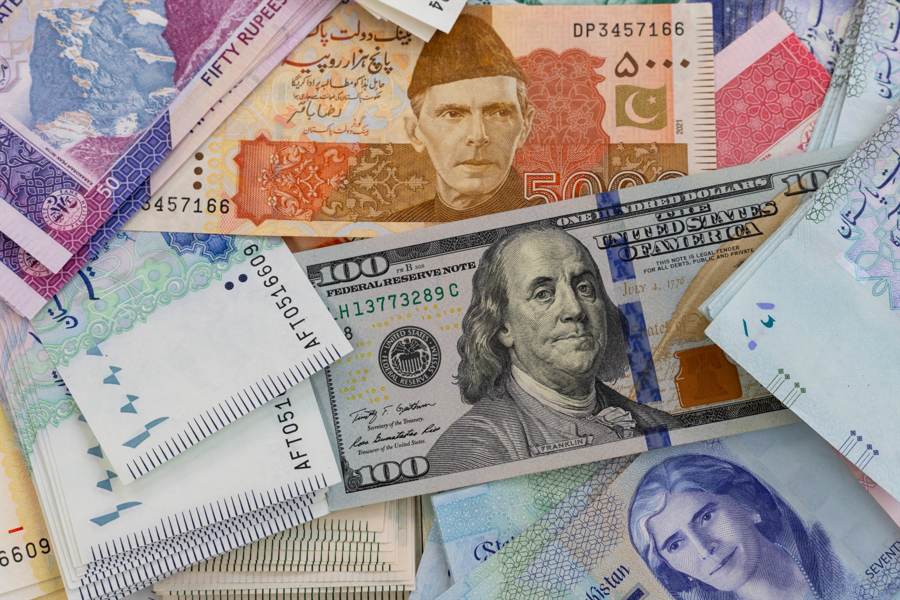What Is Currency Risk in Investing — And Why It Matters to Your Portfolio
A simple, practical guide for young investors to understand how currencies can impact their investing returns.
"When you invest globally, you’re not just betting on stocks — you’re betting on currencies too."

What Is Currency Risk in Investing?
Currency risk (also called "foreign exchange risk") is the risk that the value of your investments will change because of moves in currency exchange rates.
When you invest in:
Foreign stocks
International bonds
Global real estate funds
You’re also exposed to the risk that your home currency strengthens (or the foreign currency weakens) — which can reduce your returns, even if the asset performs well in its local market.
📚 Example:
Imagine you’re a European investor who buys US stocks. If the US dollar weakens against the euro, the value of your US stocks (in euros) will fall — even if the US stock price hasn’t changed.
Why Currency Risk Matters for Your Investing Portfolio
For young and beginner investors, this risk is often overlooked. But it matters because:
Currency swings can wipe out gains
You might underestimate risks when investing abroad
Global investing isn’t just about asset prices — it’s about currency moves too
If you ignore currency risk, you might be surprised when your international investments perform worse (or better) than you expected.
When Currency Risk Is Most Relevant
Currency risk becomes important when:
You invest in foreign stocks, bonds, or ETFs
You hold foreign cash
You buy real estate outside your home country
You invest in commodities like gold, priced in US dollars
It’s even more relevant during periods of:
Global uncertainty
Shifting trust in major currencies (like the US dollar)
Political or financial crises in certain countries
For example, a recent ForexLive article highlighted how some investors are questioning the long-term dominance of the US dollar. That kind of shift would have major currency implications.
How to Manage Currency Risk in Your Investing Strategy
| Step | Action |
|---|---|
| 1 | Diversify geographically: Don’t rely too heavily on one country’s market |
| 2 | Use hedged ETFs: Some international ETFs hedge against currency risk |
| 3 | Limit exposure to high-risk currencies: Emerging market currencies can be volatile |
| 4 | Invest in global companies listed in your home market: Many large firms earn revenue globally |
| 5 | Stay informed: Follow global economic and currency news |
Common Investing Mistakes to Avoid
Ignoring currency risk when investing internationally
Chasing foreign market returns without considering currency swings
Assuming currency moves don’t matter for long-term investors
Currency moves can impact returns — even over many years.
Quote to Remember
"When you invest abroad, you’re making two bets — one on the asset, one on the currency."
Read Next:
Why Global Investors Care About the US Dollar — And What a Dollar Confidence Crisis Means for You
When to Add Bonds to Your Investing Portfolio — A Smart Approach for Young Investors
Brand Transition Note: ForexLive is becoming investingLive.com — giving young and beginner investors the tools to navigate global investing risks like currency exposure.
Looking for Timely Stock Trade Ideas? Tired of missing great investing trades or getting lost in noisy groups?
InvestingLive Stocks delivers free, focused investing trade ideas right when you need them:
S&P 500 & Nasdaq 100 stocks in focus — including large caps & momentum setups
Unique investing opportunities you won’t find anywhere else
Fast, actionable, noise-free alerts
Smart entries + smart exits (buyTheDip setups included)
Join free on Telegram: https://t.me/investingLiveStocks




